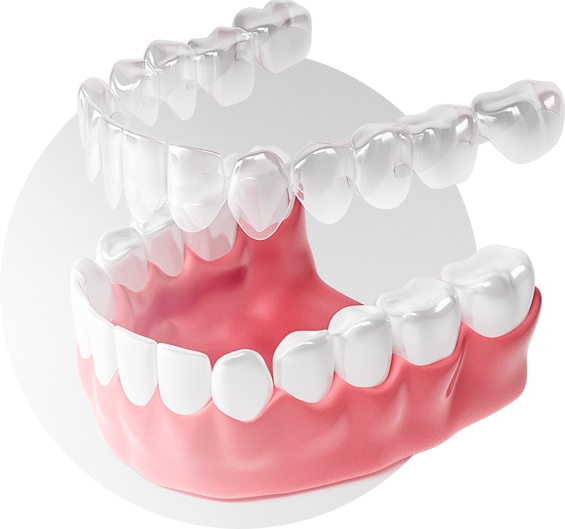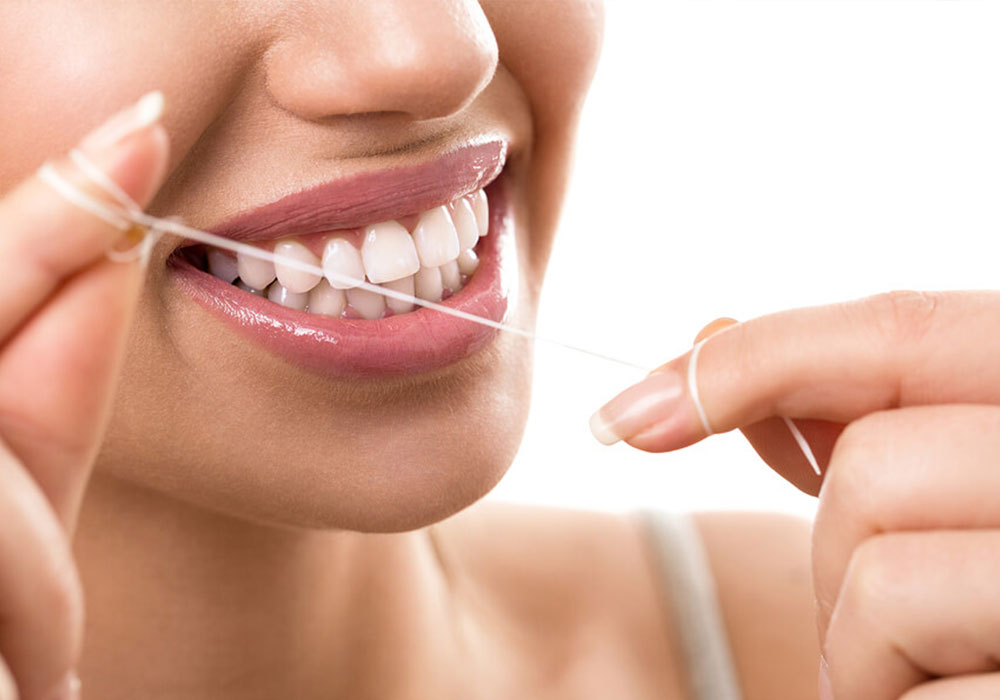7 Daily Habits for Better Oral Health: Start Preventing Dental Issues Today
Maintaining good oral health isn't just about having a bright smile; it's crucial for overall health and well-being. By incorporating a few simple habits into your daily routine, you can prevent dental issues and keep your teeth and gums in top shape. Here are seven daily habits that can make a big difference in your oral health.
Habit 1: Brush Your Teeth Twice a Day
Brushing your teeth twice a day is the cornerstone of oral hygiene. It helps remove food particles and plaque, preventing cavities and gum disease.
Proper Brushing Technique
To get the most out of your brushing, use a soft-bristled toothbrush and fluoride toothpaste. Brush for at least two minutes, covering all surfaces of your teeth. Don't forget to brush your tongue to remove bacteria and freshen your breath.
Choosing the Right Toothbrush
Opt for a toothbrush with a comfortable handle and a head size that can easily reach all areas of your mouth. Electric toothbrushes can be more effective at removing plaque but manual ones work just as well if used properly.
Benefits of Fluoride Toothpaste
Fluoride strengthens tooth enamel, making it more resistant to decay. Using fluoride toothpaste can significantly reduce the risk of cavities and improve overall oral health.
Habit 2: Floss Daily
Flossing is essential for removing plaque and food particles between your teeth and under the gumline, areas your toothbrush cannot reach.
Importance of Flossing
Daily flossing helps prevent gum disease and cavities in these hard-to-reach places. It's a critical step for maintaining healthy gums and a clean mouth.
Correct Flossing Technique
Use about 18 inches of floss, winding most of it around your middle fingers, leaving an inch or two to work with. Gently slide the floss between your teeth and curve it into a C shape against the side of each tooth, moving it up and down.
Alternatives to Traditional Floss
If traditional floss is difficult for you to use, consider alternatives like floss picks, water flossers, or interdental brushes. These tools can make flossing easier and more convenient.
Habit 3: Use Mouthwash
Mouthwash can be a great addition to your oral hygiene routine, offering benefits that brushing and flossing alone might not provide.
Benefits of Mouthwash
Mouthwash can help reduce plaque, fight gum disease, and freshen your breath. Some mouthwashes also contain fluoride, which helps strengthen your teeth.
Choosing the Right Mouthwash
Select a mouthwash that meets your specific needs. If you're looking to reduce plaque and gum disease, choose an antibacterial mouthwash. For fresh breath, a cosmetic mouthwash might be sufficient.
How to Incorporate Mouthwash into Your Routine
Use mouthwash after brushing and flossing, typically once or twice a day. Swish it around in your mouth for about 30 seconds, then spit it out. Avoid eating or drinking for at least 30 minutes afterward.
Habit 4: Eat a Healthy Diet
What you eat has a significant impact on your oral health. A balanced diet can help keep your teeth strong and gums healthy.
Impact of Diet on Oral Health
Sugary and acidic foods can erode tooth enamel and lead to cavities. Conversely, a diet rich in vitamins and minerals supports healthy teeth and gums.
Foods to Include for Strong Teeth
Incorporate plenty of fruits, vegetables, dairy products, and lean proteins into your diet. Foods rich in calcium and phosphorus, such as cheese, yogurt, and leafy greens, help strengthen tooth enamel.
Foods to AvoidLimit your intake of sugary snacks, soda, and acidic foods like citrus fruits. These can wear down enamel and increase the risk of cavities.
Habit 5: Stay Hydrated
Drinking water is essential for overall health, including your oral health.
Role of Water in Oral Health
Water helps wash away food particles and bacteria, reducing the risk of tooth decay. It also helps maintain saliva production, which is crucial for neutralizing acids and protecting teeth.
Benefits of Fluoridated Water
Fluoridated water provides added protection against cavities. Drinking tap water in areas where it is fluoridated can help strengthen your teeth.
How to Ensure Adequate Hydration
Carry a water bottle with you and sip water throughout the day. Aim to drink at least eight glasses of water daily to stay hydrated.
Habit 6: Avoid Tobacco Products
Tobacco use is detrimental to your oral health, causing a range of problems from bad breath to oral cancer.
Effects of Tobacco on Oral Health
Smoking and chewing tobacco can lead to stained teeth, gum disease, and oral cancer. It also reduces your ability to fight off infections, making it harder for your body to heal.
Tips for Quitting Smoking
Quitting smoking is challenging, but numerous resources are available to help. Consider nicotine replacement therapies, medications, counseling, or support groups.
Healthier Alternatives to Tobacco
If you're struggling to quit, try healthier alternatives like nicotine patches or gum. Engaging in physical activities and hobbies can also help distract you from the urge to smoke.
Habit 7: Regular Dental Check-ups
Seeing your dentist regularly is vital for maintaining good oral health and catching potential issues early.
Importance of Routine Dental Visits
Regular dental check-ups allow your dentist to spot problems before they become serious. Professional cleanings also remove plaque and tartar that you can't eliminate with brushing and flossing alone.
What to Expect During a Check-up
During a check-up, your dentist will examine your teeth and gums, take X-rays if necessary, and clean your teeth. They may also provide personalized advice on maintaining your oral health.
How Often to Visit the Dentist
It's generally recommended to visit the dentist every six months. However, your dentist might suggest more frequent visits if you have specific oral health concerns.
Conclusion
Good oral health is essential for a healthy, happy life. By incorporating these seven daily habits into your routine, you can prevent dental issues and maintain a bright, healthy smile. Start today and see the positive impact these simple practices can have on your overall well-being.



